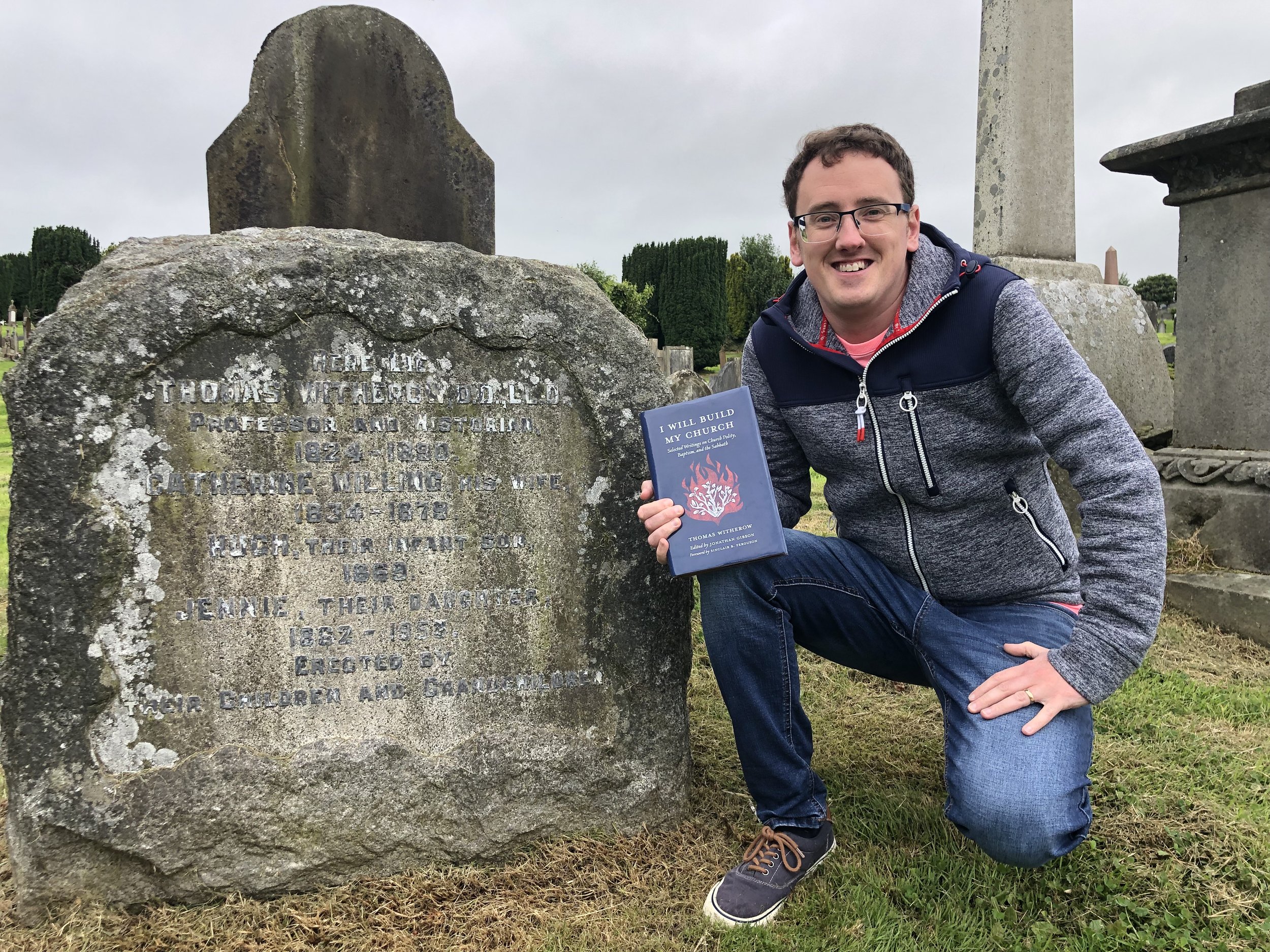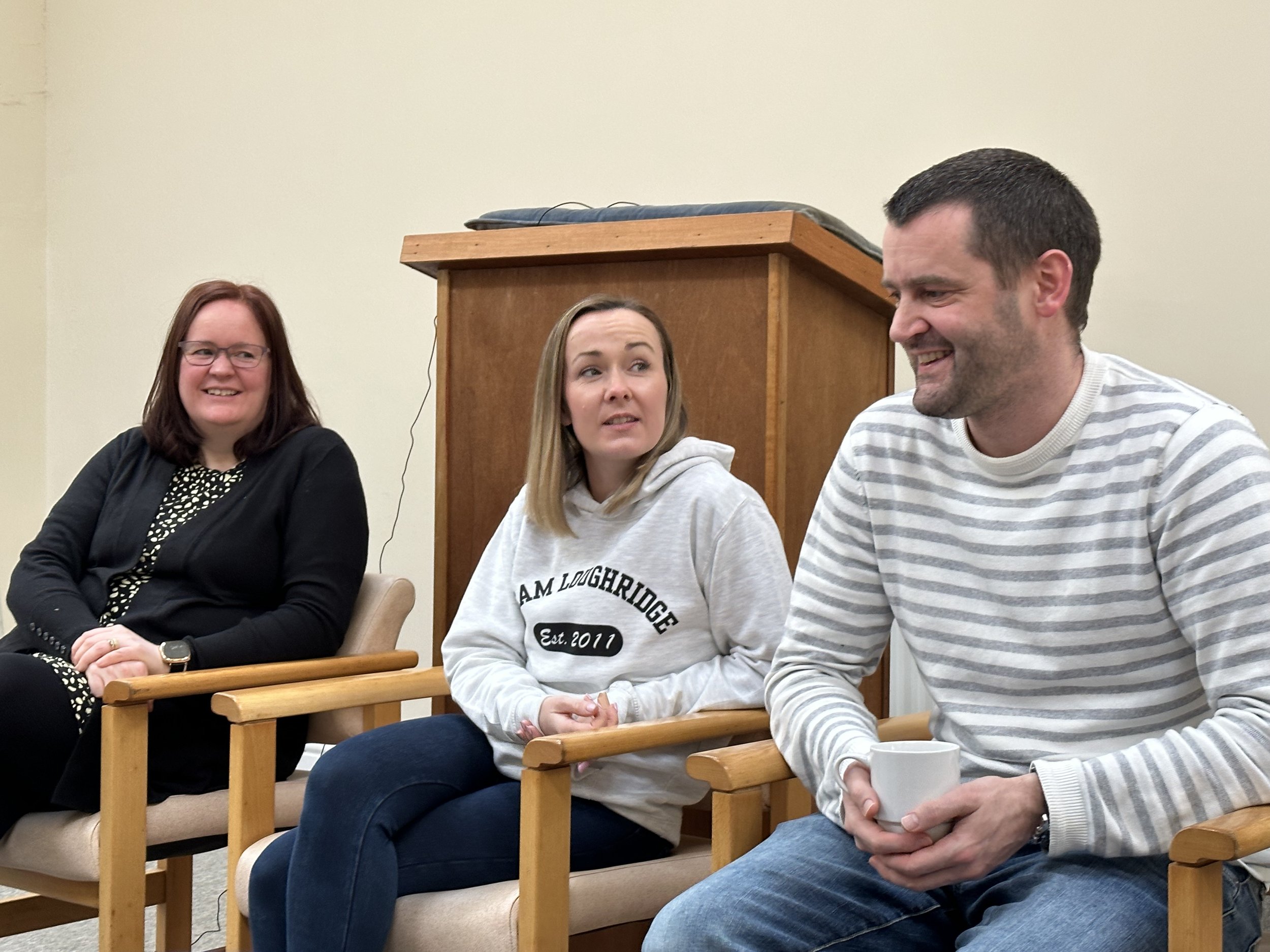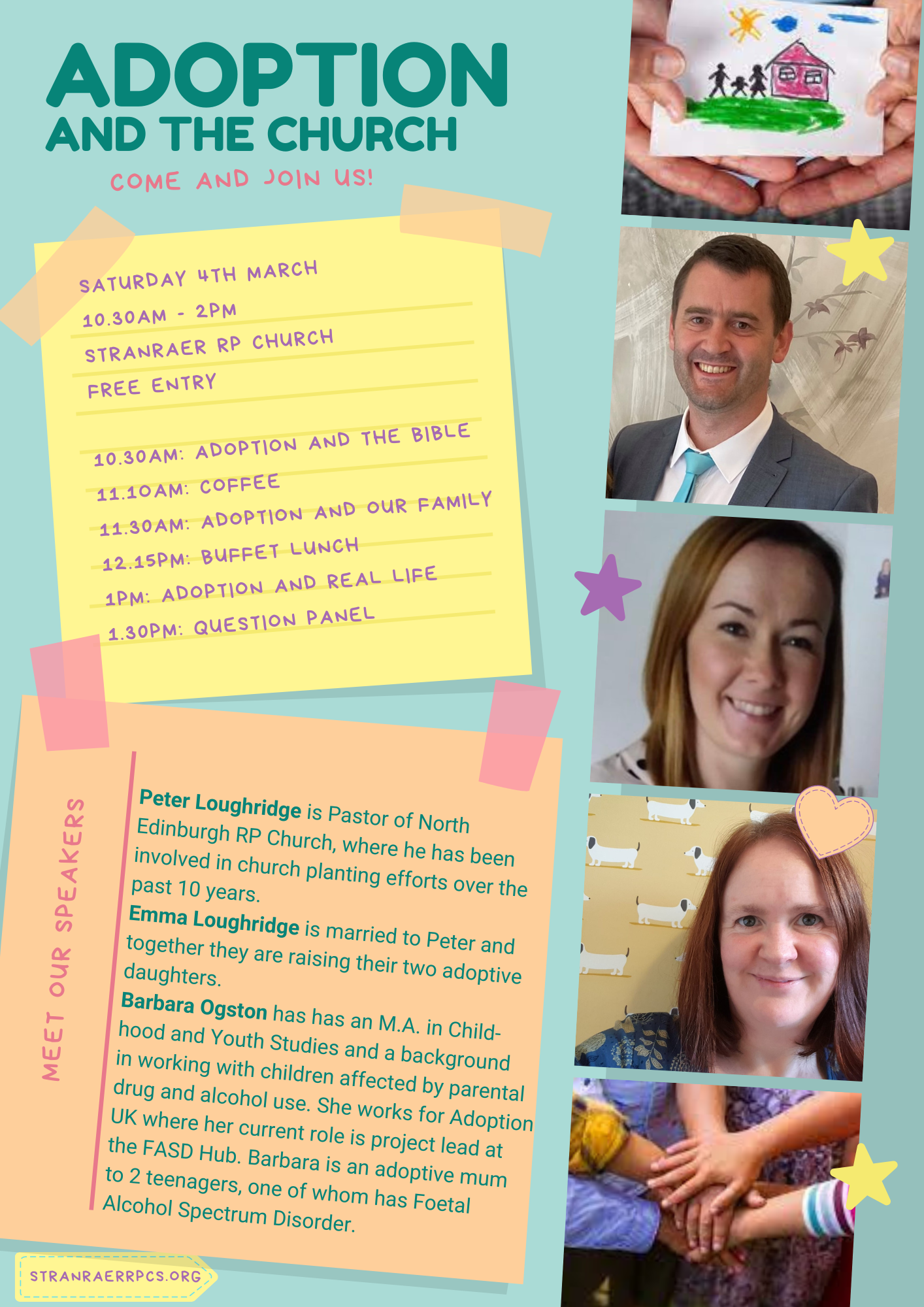Stephen reviewed the following book for the February 2023 Banner of Truth magazine:
I Will Build My Church: Selected Writings on Church Polity, Baptism, and the Sabbath
Thomas Witherow; Jonathan Gibson (ed.)
Westminster Seminary Press, 2021
313 pp., hbk, $29.99
ISBN 9781733627269
Why would anyone read a little-known, nineteenth-century Irish Presbyterian writing about secondary issues? Sinclair Ferguson’s answer in the foreword is that this trilogy really sets out to answer the questions of how God wants us to regulate our church, family and weekly lives. As for being unknown, a new 70-page biographical sketch by the editor fills out the life story of a man trained under Thomas Chalmers, who pastored a small-town church of almost 2,000 people, before becoming the first Church History and Pastoral Theology Professor at Magee College, Derry.
Witherow’s Apostolic Church seeks to bring Prelacy, Independency and Presbyterianism before the bar of Scripture. While he claims to have entered the project with misgivings as to which would triumph, he unsurprisingly finds Presbyterianism to meet all the Apostolic criteria (Independency meeting half, and Prelacy none). His only real departure from historic Presbyterianism is a radical two-office view which sees no place for a distinct ordination for ministers.
The second work, Scriptural Baptism, robustly sets out the paedobaptist position. Witherow writes as a man who had seen the 1859 Revival lead to defections from the Presbyterian Church, and takes no prisoners.
His work on the Sabbath (a published address) is the weakest of the three. Witherow’s Sabbatarian conclusions are biblical, but some of his argumentation is problematic, not least the claim that our Lord breached ‘the inspired interpretation…of the Mosaic law’.
The three works have been lightly edited for readability. The decision to characterise them all as ‘Presbyterian distinctives’ seems odd when only one of them is. While a number of footnotes say that the editor was unable to locate sources for quotations or books, all are easily found using Google.
Overall, this is a very valuable volume and many will feel that Witherow’s arguments have never been answered.









